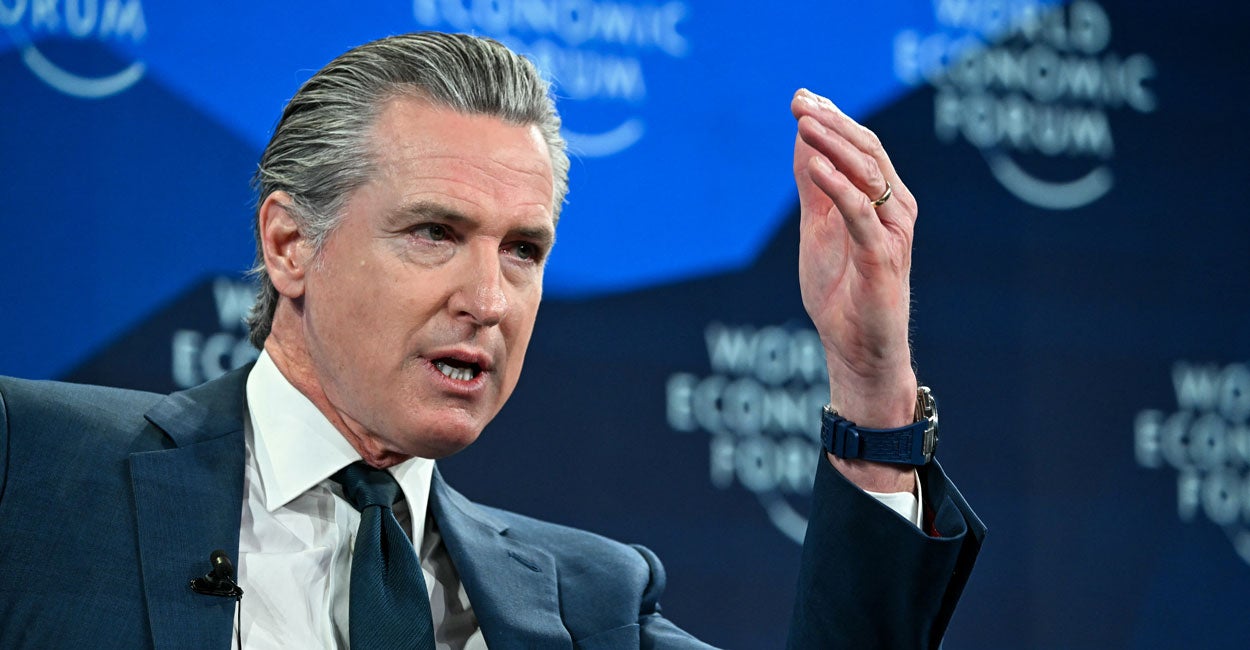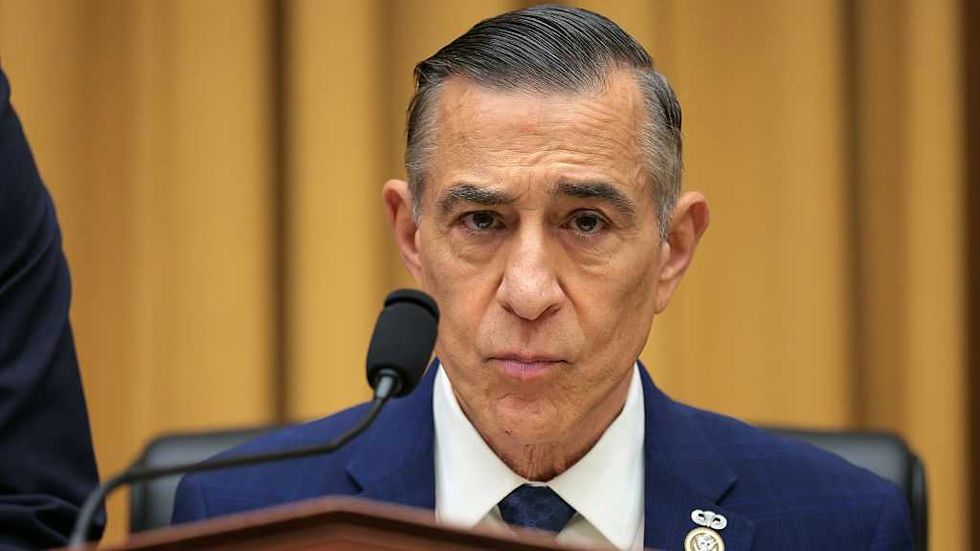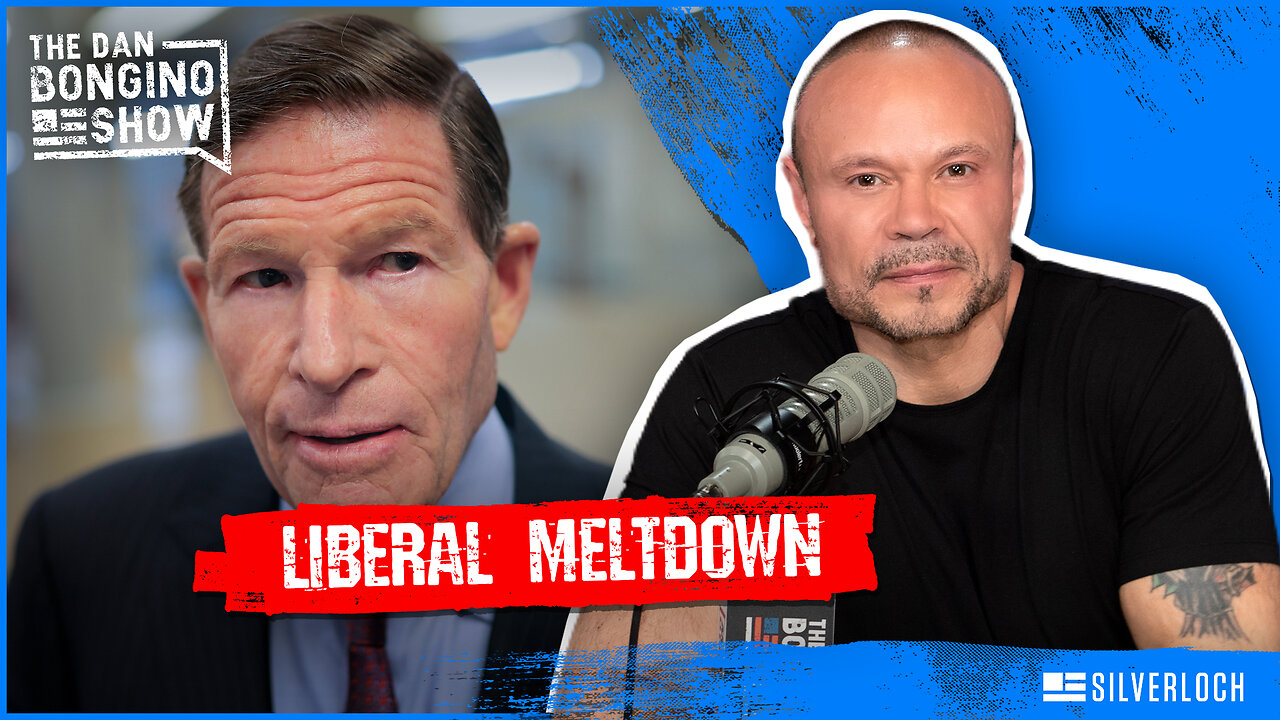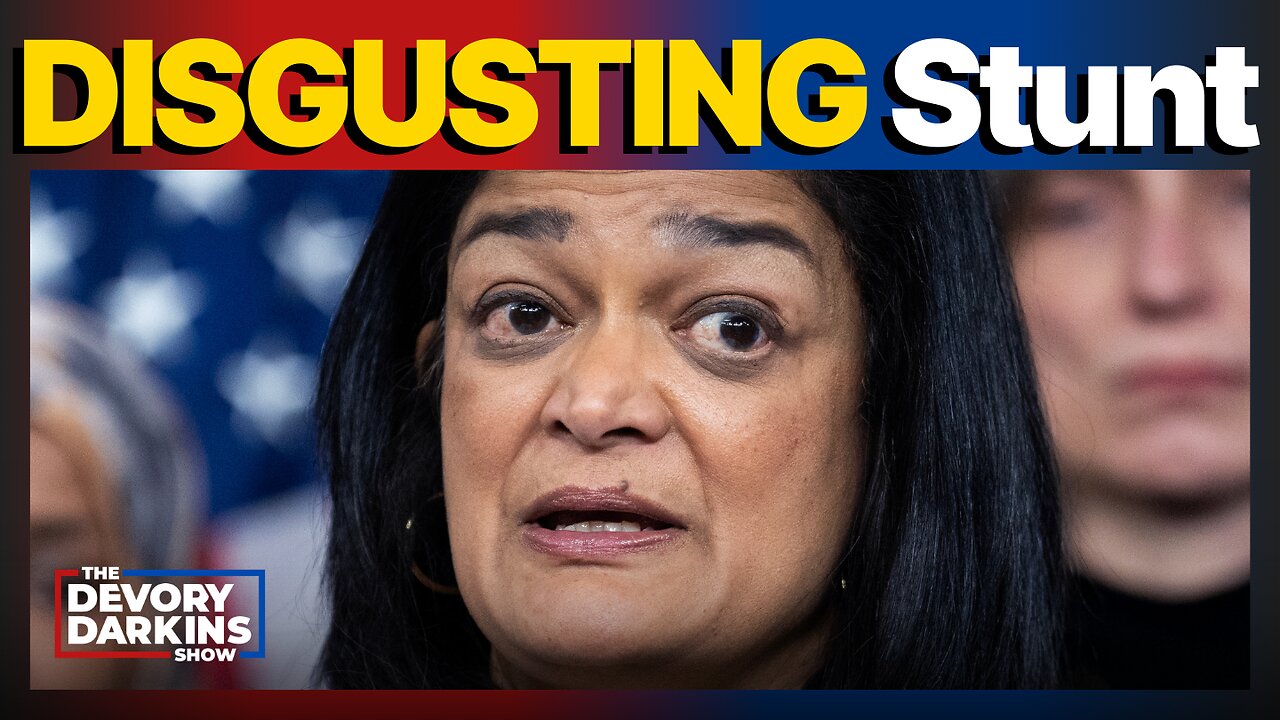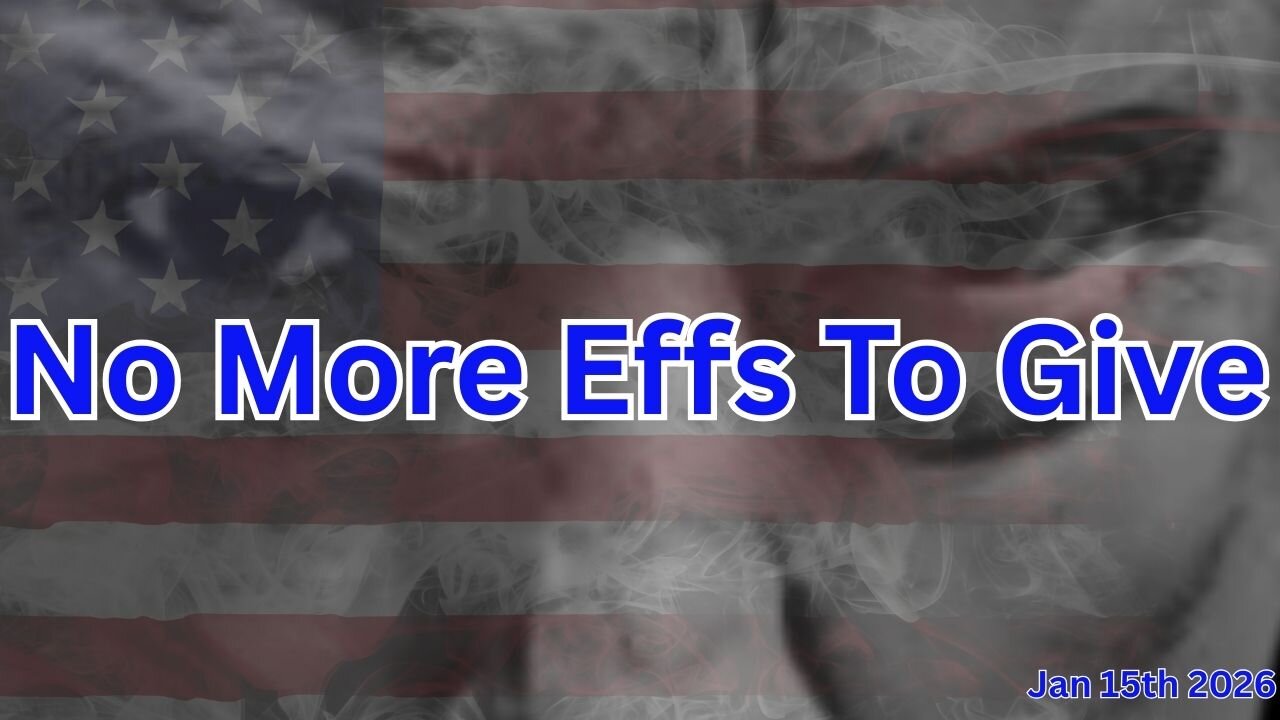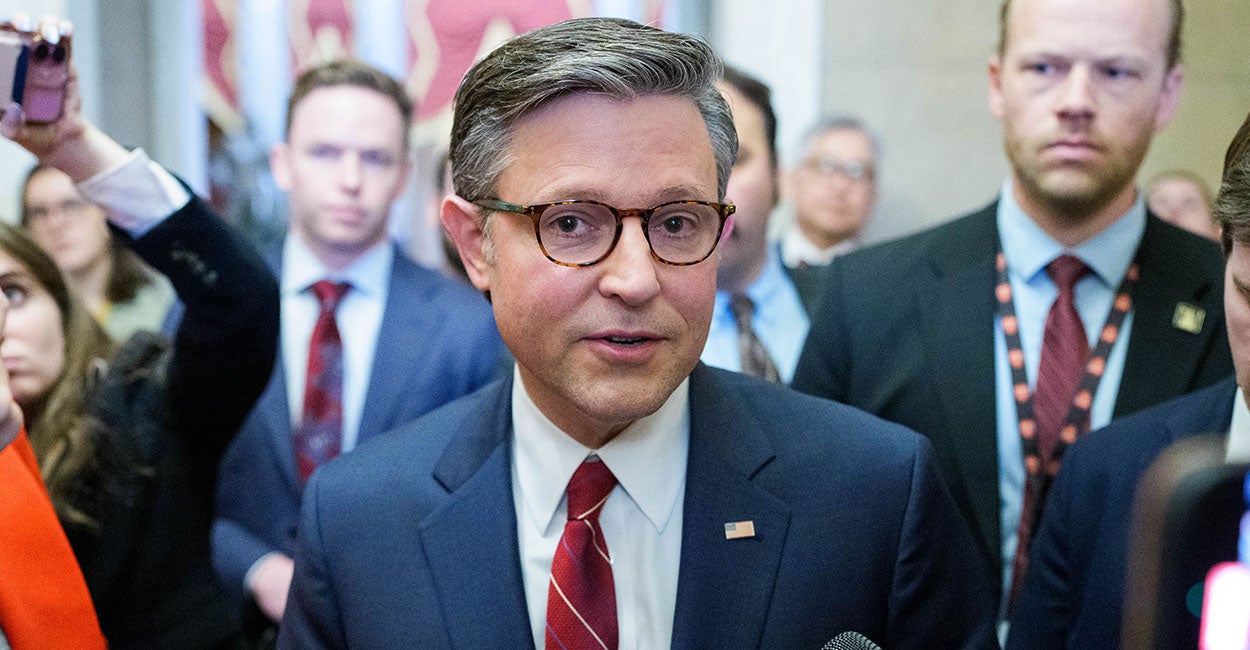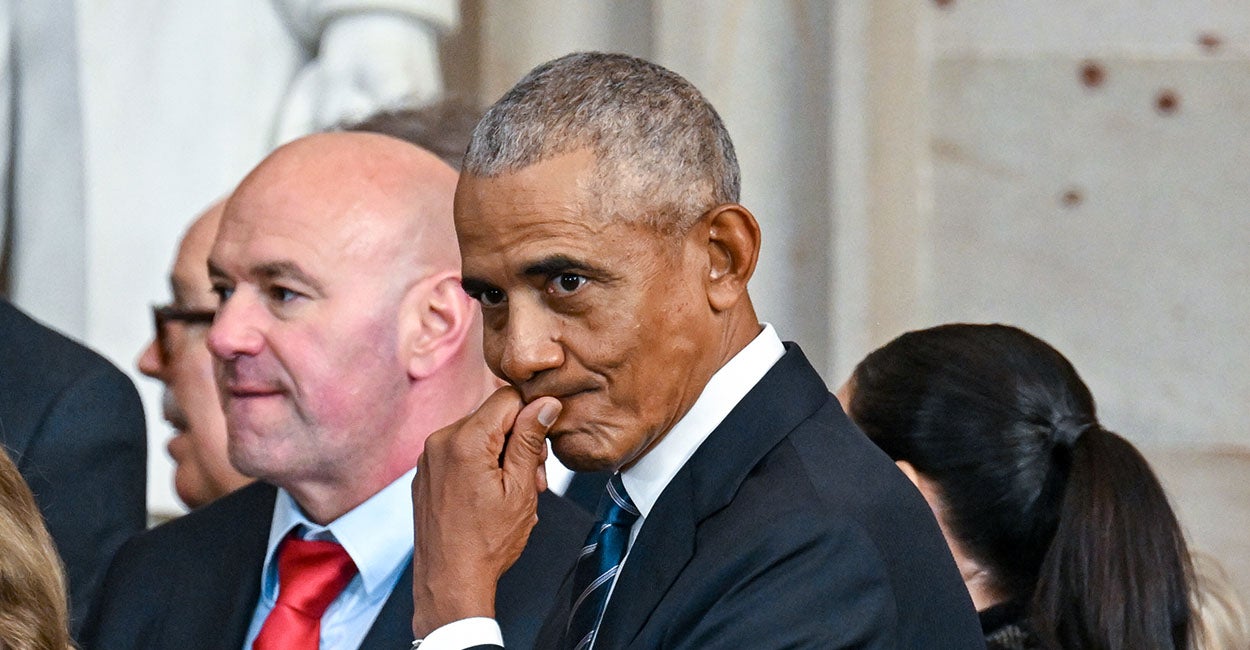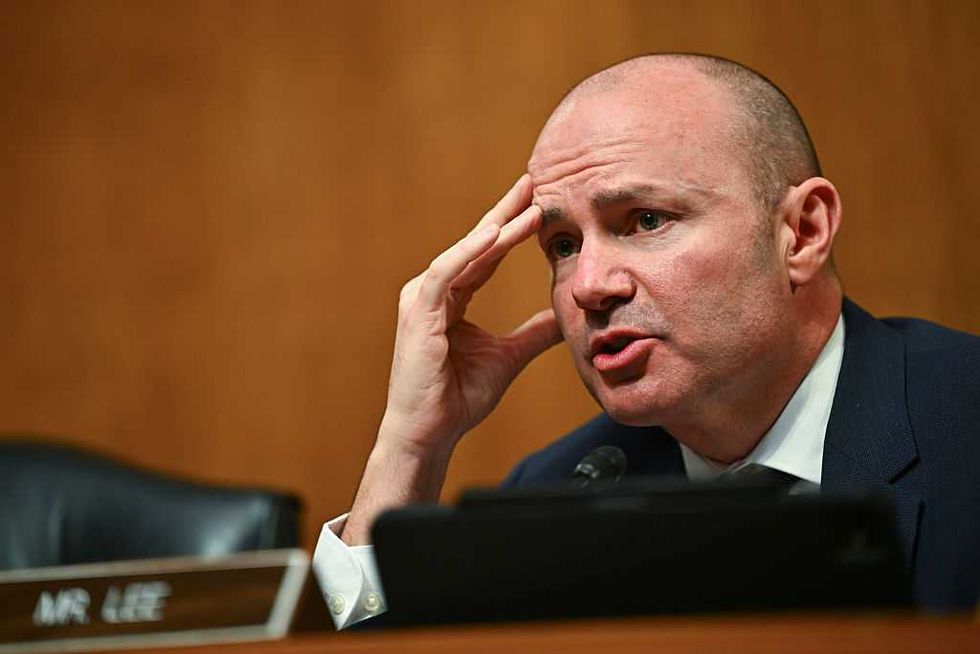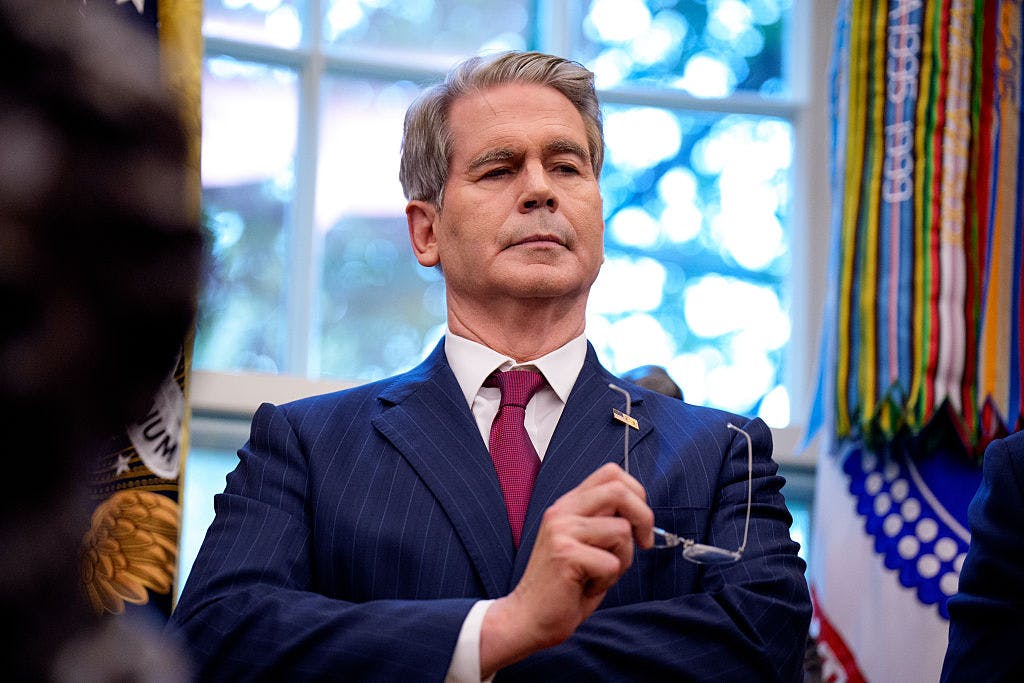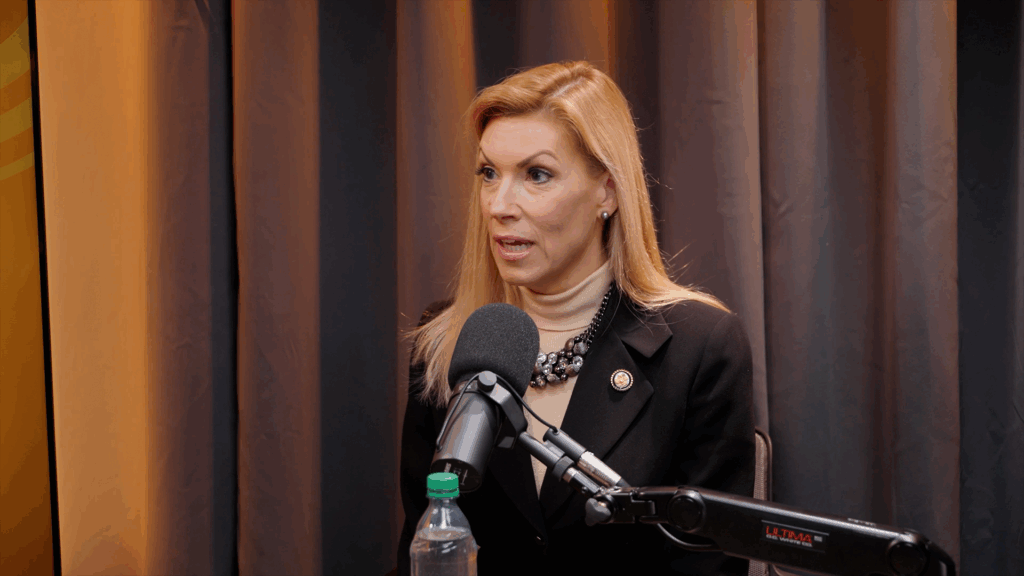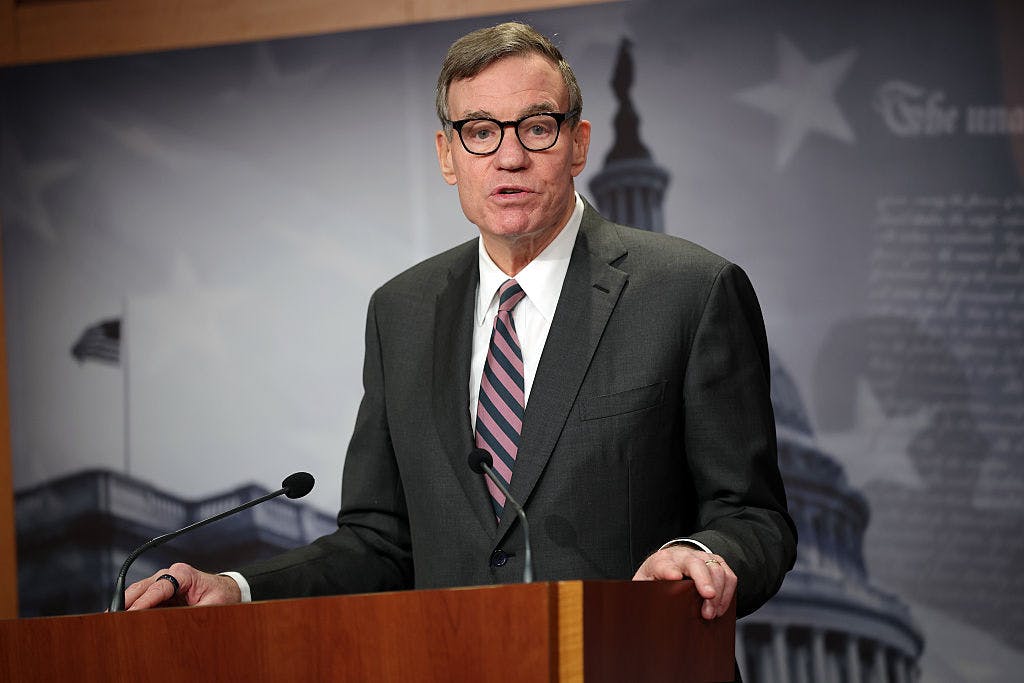Bernie Sanders’ War on Free Speech Could Make Patients Sicker

Calling pharmaceutical ads an “embarrassment,” Vermont Sen. Bernie Sanders’ and Maine Sen. Angus King’s self-righteousness is on full display. More importantly, the two demonstrate a fundamental misunderstanding of the benefits enabled by the drug advertisements we have all become accustomed to seeing. If implemented, their bill to ban such ads in print and on TV, radio, and social media would harm the very patients the senators want to protect.
Live Your Best Retirement
Fun • Funds • Fitness • Freedom
Creating a higher-quality, lower-cost health care system requires patients’ active participation in their health care journey. Meaningfully participating in this process requires patients to have accurate and actionable information. Drug advertising has a demonstrated track record of serving this role.
The ads inform patients about disease symptoms, treatment options, safety risks, and public health warnings. They empower patients to play a more active role in their own health care decisions. The advertisements have also been linked to better adherence to patients’ medications and an improved likelihood that patients will see their doctors on a more regular basis.
These benefits are not merely speculative. Research by the University of Southern California Schaeffer Institute for Public Policy & Government Service concluded that drug advertising benefits consumers “through increased adherence to medications, greater engagement with the health care system, and use of generic medications.”
The greater use of generic medications is particularly noteworthy because the ads promote innovative medicines, not generics. Consequently, the advertisements are increasing patients’ knowledge, and, in consultation with their doctors, they are choosing the treatment options that best suit their own needs—whether it is the advertised medicine or not.
In contrast to these benefits, the alleged risks posed by pharmaceutical advertising do not withstand scrutiny. One oft-repeated allegation is the ads promote misinformation. However, robust regulations are already in place to protect consumers, ensure responsible advertising, and provide reliable information patients can use.
Every ad must include what is known as a “major statement” detailing risks and side effects “in a clear, conspicuous, and neutral manner.” Additionally, the Food and Drug Administration has implemented new rules requiring consumer-friendly language, avoiding medical jargon, and ensuring audio and video are understandable.
There is also the spurious allegation that drug advertising drives up the costs of medicines. Undoubtedly, the drug pricing system is in desperate need of reform. However, as the website Drug Channels documents, the inflation-adjusted prices received by manufacturers “dropped for the seventh consecutive year” in 2024. Meanwhile, drug advertising spending is increasing.
Given that net prices are declining while spending is increasing, it’s hard to claim that drug advertising is driving up the costs of medicines.
Despite these benefits, some in the U.S. Department of Health & Human Services have floated the idea of increased scrutiny of these ads. If enacted, these regulatory changes would increase HHS’ ability to filter what information patients can receive.
A fundamental problem afflicting the health care system is too many gatekeepers with too much authority. They already exert too much control over which doctors patients can see, where patients can be treated, the drugs patients can use, and what information patients can access. Further empowering these gatekeepers over patients is precisely the wrong type of reforms.
The U.S. health care system is in dire need of reform, but empowering the Washington, D.C., bureaucracy to determine which information patients should be allowed to have does not help these efforts. In fact, effective reforms empower patients to have greater control over their own health care decisions. And the first step in that process is having access to more, not less, information.
We publish a variety of perspectives. Nothing written here is to be construed as representing the views of The Daily Signal.
The post Bernie Sanders’ War on Free Speech Could Make Patients Sicker appeared first on The Daily Signal.
Originally Published at Daily Wire, Daily Signal, or The Blaze
What's Your Reaction?
 Like
0
Like
0
 Dislike
0
Dislike
0
 Love
0
Love
0
 Funny
0
Funny
0
 Angry
0
Angry
0
 Sad
0
Sad
0
 Wow
0
Wow
0
